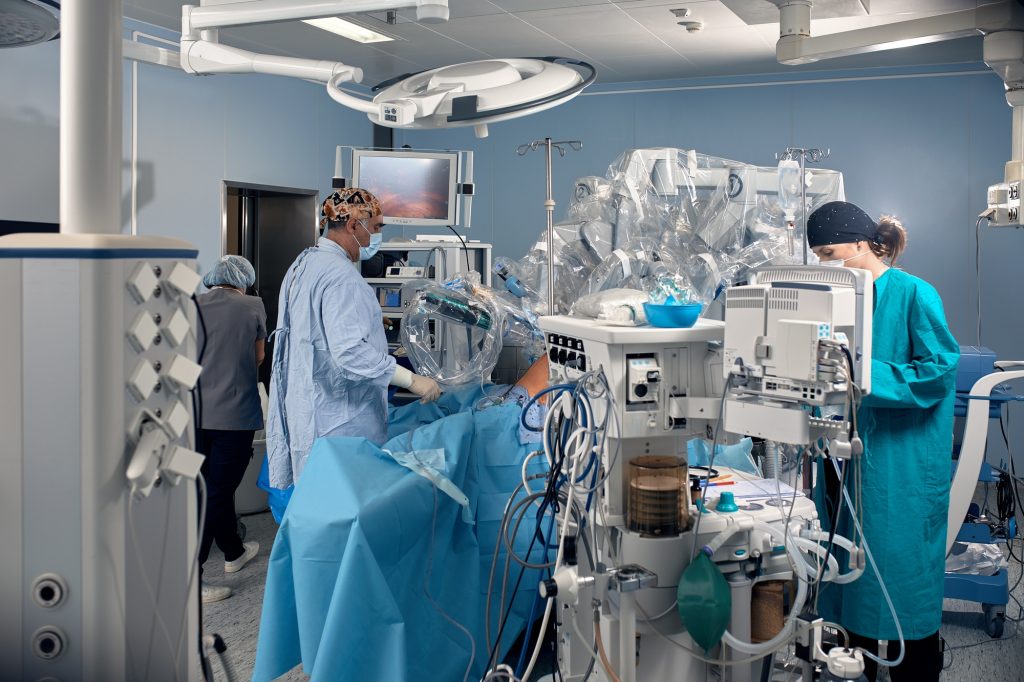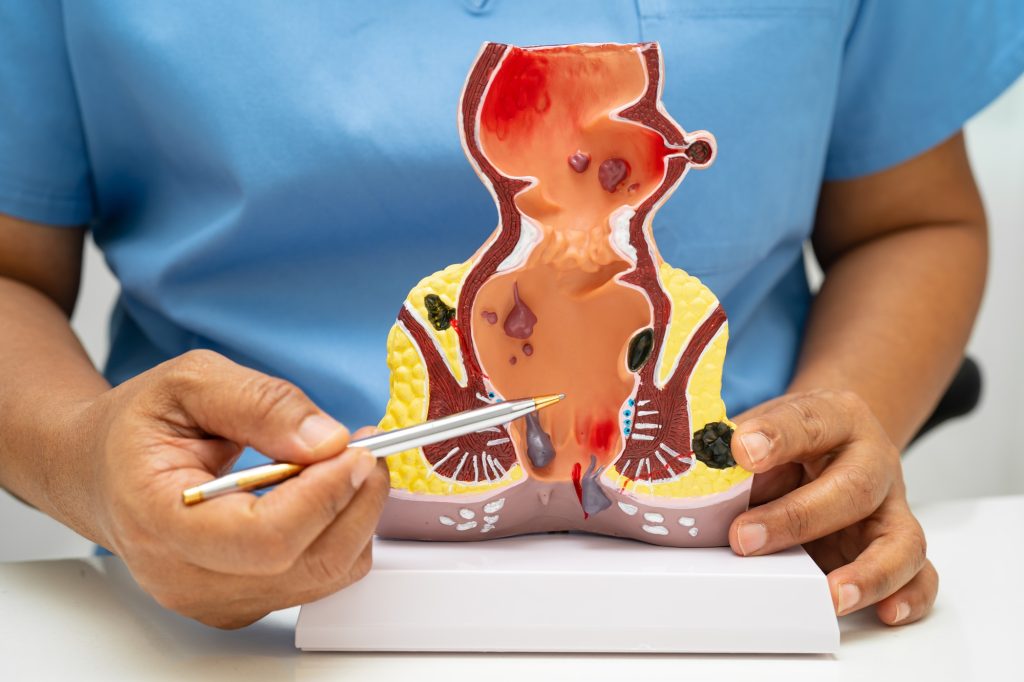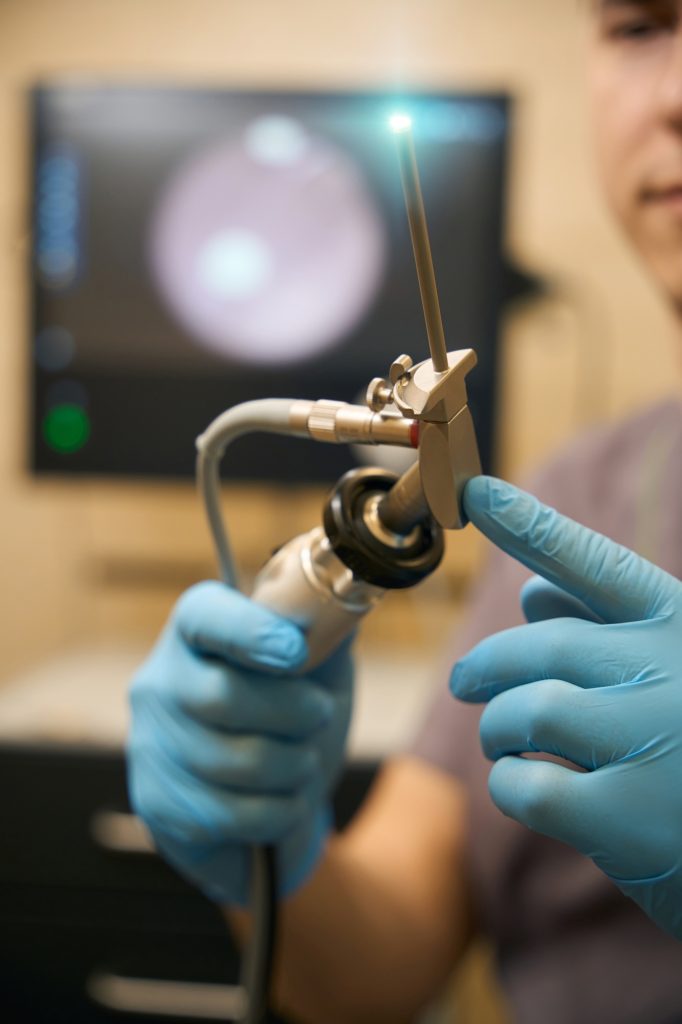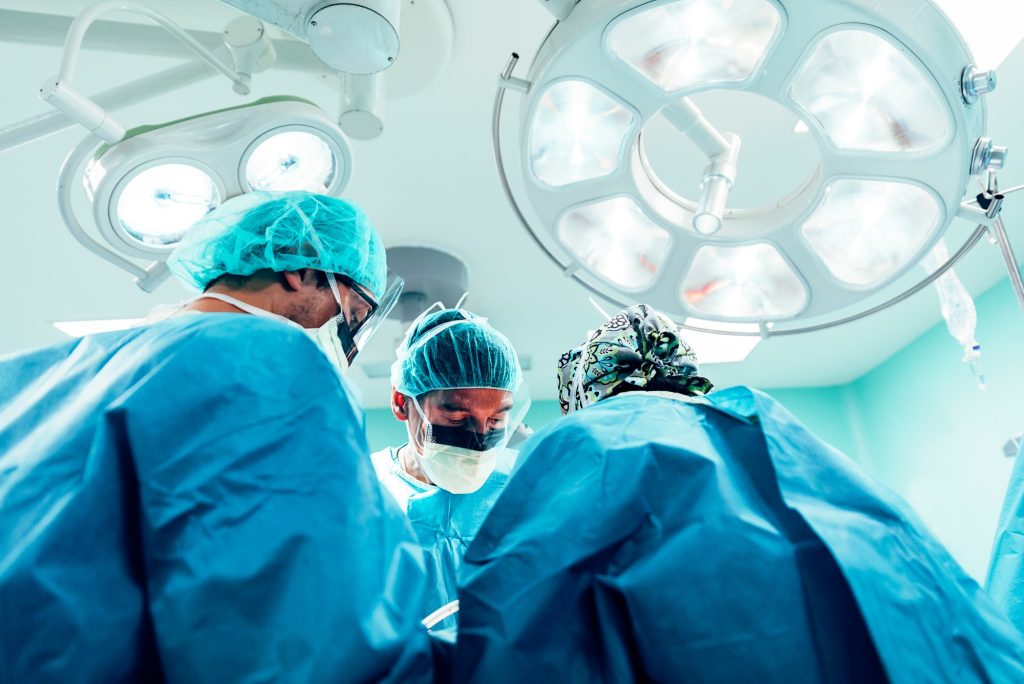Causes and Risk Factors of Rectal Prolapse
Rectal prolapse can be caused by various factors, including:
- Weakness of the pelvic floor, common in older adults or after multiple pregnancies.
- Chronic constipation and excessive straining during bowel movements.
- Previous surgeries in the anal or pelvic area.
- Nerve damage affecting control of the anal sphincter.
- Neuromuscular diseases, such as multiple sclerosis.
- A history of large and prolonged hemorrhoids.
- Loss of muscle tone due to aging, which can cause the rectal tissues to lose support.
- Chronic colon diseases, such as ulcerative colitis or Crohn’s disease.
Identifying the cause is key to determining the best treatment and avoiding recurrences.
Diagnosis of Rectal Prolapse
The diagnosis of rectal prolapse includes:
- Physical examination and digital rectal exam to assess the degree of prolapse.
- Defecography (contrast X-ray), which analyzes the evacuation process.
- Anorectal manometry, to measure the function of the anal sphincter.
- Colonoscopy, if other intestinal issues are suspected.
- Pelvic MRI, to evaluate the condition of the muscles and ligaments supporting the rectum.
An accurate diagnosis is essential to choose the most appropriate treatment and ensure good outcomes.

Robotic Surgery for Rectal Prolapse in Moncloa-Aravaca
Robotic surgery is one of the most innovative options, offering:
- Greater precision and less damage to surrounding tissues.
- Less postoperative pain and faster recovery.
- Lower risk of complications and recurrence.
- Better preservation of bowel and anal function.
Ideal for patients seeking a definitive solution with minimal invasion.
Laparoscopic Surgery for Rectal Prolapse
Laparoscopic surgery is another effective method, which, like robotic-assisted procedures, involves fixing the rectum into its correct position through small incisions in the abdomen. Its benefits include:
- Shorter hospital stay.
- Faster healing and lower risk of infections.
- Less discomfort and quicker return to daily activities.
- Better aesthetic result by avoiding large incisions.
Minimally Invasive Techniques
In addition to robotic and laparoscopic surgery, at Centro Pad we offer other options such as:
- Mesh rectopexy, which secures the rectum in place using a synthetic mesh.
- Altemeier technique (perineal proctosigmoidectomy)
- Delorme procedure (perineal mucosal plication)
- Coloanal resection with anastomosis (Belgium procedure)
- Combined laparoscopic and perineal resection (hybrid strategies)
When Is Surgery Necessary for Rectal Prolapse?
Although some mild cases can be managed with dietary changes and pelvic floor exercises, surgery is the best option when:
- The prolapse is severe and affects quality of life.
- There is fecal incontinence or difficulty passing stool.
- The patient suffers from irritation, bleeding, or recurrent infections.
- The rectum does not return to its normal position after bowel movements.
- The condition worsens over time, limiting mobility and comfort.
At Centro Pad, we evaluate each case individually to offer the best surgical solution and minimize risks.



